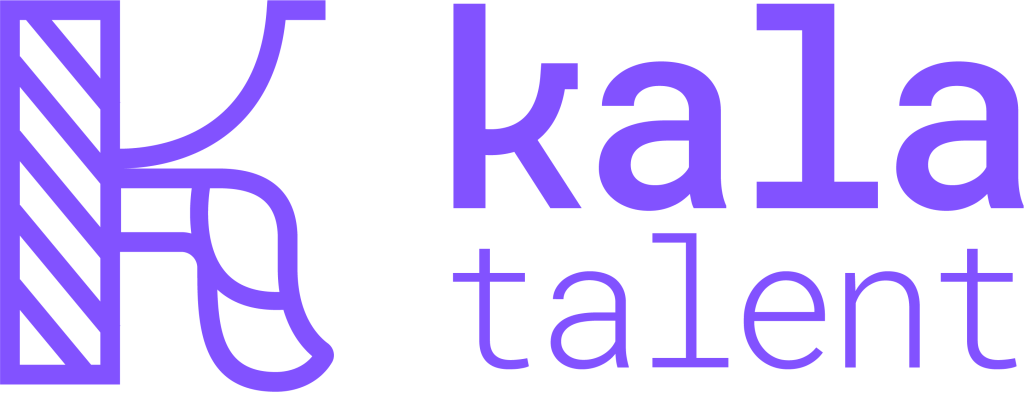Applying to remote jobs today can feel overwhelming. You spend hours tailoring your resume, hitting “submit,” applying not just on LinkedIn but across multiple platforms (because yes, every company has its own process), and… crickets.
The truth is, the remote job market has changed. With global access to talent, remote-first companies receive hundreds of applications for a single role. And while your experience might be great, simply applying isn’t always enough anymore. You can easily get lost in the pile of CVs the company has to review so yes, there are more opportunities but there are more people out there looking for the same amazing job than you.
AI tools can make profiles “better,” but the thing is that today, something that’s just grammatically correct isn’t enough. What’s interesting is that being different could be the real game changer.
So, what can you do to stand out?
At kala, we’ve helped hundreds of professionals across Latin America land roles at fast-growing US companies. The candidates who succeed aren’t always the ones with the fanciest resumes, they’re the ones who stand out, and sometimes, they don’t even apply through the traditional route.
Here’s how you can do it too:
Build Your Digital Footprint
Remote-first companies don’t just read resumes, they research people.
That means your online presence matters more than ever. Before you apply, make sure these are in top shape:
- LinkedIn: Use a strong headline (not just your job title), highlight achievements with metrics, and ensure your About section shows your personality and goals. Include keywords that reflect the areas you want to highlight. Some people say “I don’t like LinkedIn” ok right but if you are looking for a remote job you will find somehow related to that platform
- Portfolio or personal site: If you’re in a creative, tech, or marketing role, showcasing your work is essential. It doesnt matter what you do, there will always a place to go to show better yourself. Even a Notion page can work!
- Public contributions: A blog post, GitHub activity, or even comments on industry content can show that you’re engaged and curious.
- All is in social media (yes, including what you want to keep separate your professional life)
You don’t need to become an influencer, just make sure your name is attached to thoughtful content. It helps companies see you as more than just a bullet-point list.
Show You’re Remote-Ready
Companies hiring remotely aren’t just looking for skills, they’re looking for people who thrive in async, distributed environments. It’s not rocket science, but working with a team miles away requires self-discipline and adaptation.
In your applications, interviews, and even your LinkedIn profile, highlight things like:
- Experience working across time zones
- Familiarity with remote tools (Slack, Notion, Trello, Zoom, Loom)
- Times you’ve managed projects independently
- Clear, concise written communication
- Experience working with international markets and different industries
Even if you’ve never worked fully remotely, you’ve likely had moments of independence or async collaboration. Talk about them!
Show better than Talk
Remote-first companies love candidates who demonstrate value instead of just talking about it. In 2025, with “perfect” AI-generated resumes everywhere, proof of work is the new currency.
Here’s how to do it:
👉Turn job descriptions into mini case studies: If a role asks for “improving retention,” create a 1-page PDF showing how you’ve done it before, include metrics, screenshots, or process diagrams.
👉Prototype ideas: For marketing, mock up a campaign; for product, sketch a feature improvement; for customer success, map a better onboarding flow.
👉Use public formats: Publish it as a Notion page, a short Loom video, or a slide deck. Send it before the interview it positions you as proactive and high-impact.
This works because it’s different and impactful. Building trust with a team that’s miles away comes with different challenges, you’re not sharing a coffee or meeting in person, and maybe you’re not even sharing the same language. That’s why building confidence from the beginning and showing how you could be a good match can make your profile unforgettable.
Personalize Your Outreach
Standing out doesn’t mean doing more, it means doing it smarter.
Instead of applying cold to every job you find, take 15 minutes to:
- Research the company and its product
- Mention something specific you liked (a recent feature, blog post, or company value)
- Reach out directly to a hiring manager or team lead with a short, tailored message
You don’t need to ask for a job, just start a conversation.
Here’s a quick example:
Hi [Name], I saw you’re hiring a Customer Success Manager. I’ve worked with US-based SaaS companies for 4+ years, and your focus on async onboarding really caught my attention. If you’re open to LATAM-based candidates, I’d love to connect and share how I could contribute!
Authentic, specific messages like these open doors, especially in remote-first teams that value initiative. And yes, ChatGPT is an amazing tool but no the one who will be writing THAT message better than yourself?
Be Visible
By the time a job post goes live, hundreds of candidates are already in the running. And here’s the real kicker most job opportunities are never posted at all. They get filled through communities, referrals, and internal networks. That’s why building genuine connections matters. A simple “I like what you’re doing at your company, I could be a good fit if you ever look for someone in your CX team” can put you on their radar long before a role even exists.
The best remote jobs don’t always go to the most qualified candidates, they go to the most visible, prepared, and intentional ones.
So instead of spending hours just clicking “Apply,” spend some time showing who you are, what you’ve done, and how you work.
The game is about quality over quantity. You won’t be able to research and prepare amazing messages for every company you like, but you can prioritize the ones you truly like and where you feel you could bring the most value. Personal branding and networking aren’t optional, they’re part of the process. Just like preparing a good résumé, you need to invest time in building your network, creating your voice, and defining your real value.
You don’t need to be loud, you just need to be clear.
Ready to stand out? We’re here to help.



